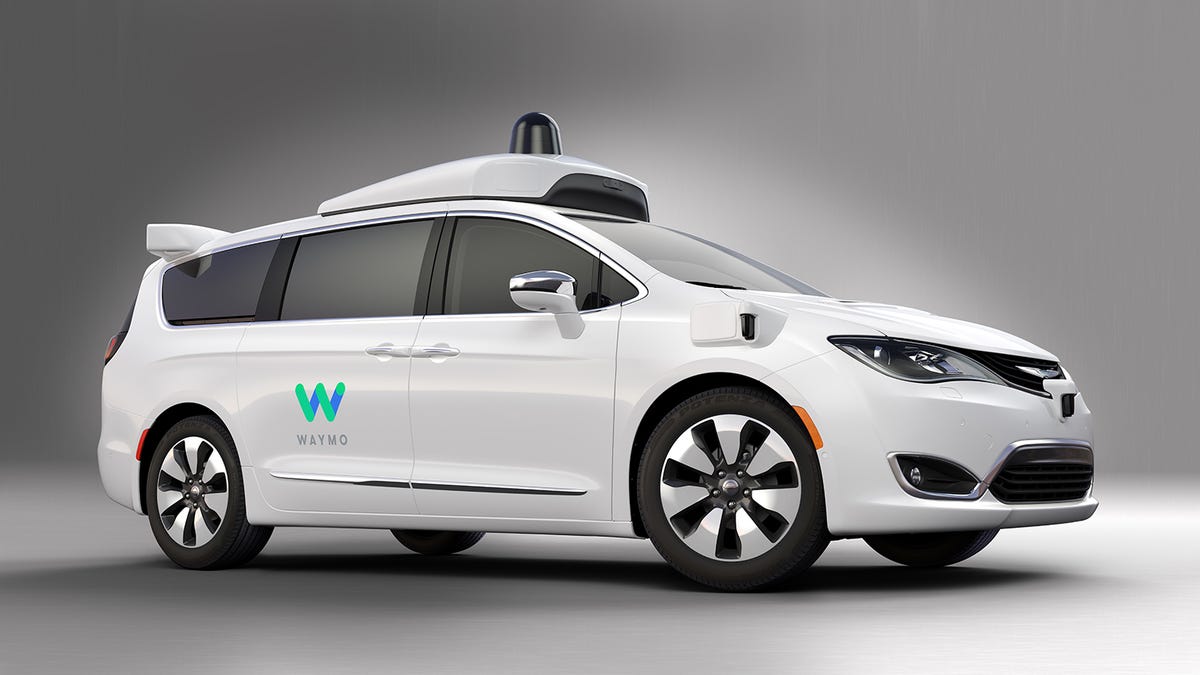Waymo asked court to put Uber's self-driving cars in park
It's part of a new filing that includes sworn testimony discussing stolen intellectual property.

The quarrel between Uber and Waymo is heating up, as the Alphabet spinoff has asked a judge to put a hold on Uber's self-driving car development.
Waymo is seeking a preliminary injunction against Uber and Anthony Levandowski, the head of Uber's self-driving efforts. The Alphabet company originally filed suit against Uber in February, alleging that Uber stole trade secrets and used them in its own development process.
Google believes that Levandowski, who was a software engineer for the search giant from 2007 to 2016, stole confidential data before founding his own autonomy-focused company named Otto. Uber then purchased Otto last year after just six months of existence.
In addition to the motion for injunction, Waymo also added a new patent claim to the lawsuit. The company initially alleged two patents were infringed, but on Friday added a third. Reuters earlier reported the change.
Included in the injunction request is sworn testimony from one of its security officers, Gary Brown. Brown's testimony claims that Levandowski downloaded 14,000 files to his personal laptop from a repository that contained confidential information on Google 's autonomous efforts. Brown reportedly looked at logs from Google's network to reach this conclusion.
"Competition should be fueled by innovation in the labs and on the roads, not through unlawful actions," said a Waymo spokeswoman via email. "Given the strong evidence we have, we are asking the court step in to protect intellectual property developed by our engineers over thousands of hours and to prevent any use of that stolen IP."
Uber loads its self-driving cars onto semi-trucks to transport them to their new home in Arizona, after losing a battle with California to test its vehicles there.
The confidential information in question includes files dedicated to Lidar development. Waymo decided to chart its own course and develop its own Lidar technology in-house, under the belief that it could build the systems better and cheaper than suppliers. Lidar is a system that many companies believe is pivotal in self-driving-car development.
Were Uber to use this information, it would give Uber the chance to develop, deploy and sell the technology to other companies, cutting into part of Waymo's planned business model.
The testimony also includes claims that two other former Google employees downloaded proprietary information prior to leaving for Otto. Other testimony alleges that Levandowski met with Uber before Otto was founded, although Levandowski told the person making the testimony that the meetings were simply to look for investors for a new company.
Uber did not immediately return a request for comment.
Previous statements from Uber referred to the claim behind the lawsuit as "baseless" and "[attempts] to slow down a competitor."
Read Waymo's motion for injunction here:
CNET's Richard Nieva contributed to this report.
First published March 10, 1:22 p.m. PT.
Update, 3:53 p.m.: Adds news that Waymo amended lawsuit to include an additional patent claim.
Virtual reality 101: CNET tells you everything you need to know about what VR is and how it'll affect your life.
Crowd Control: A crowdsourced science fiction novel written by CNET readers.

